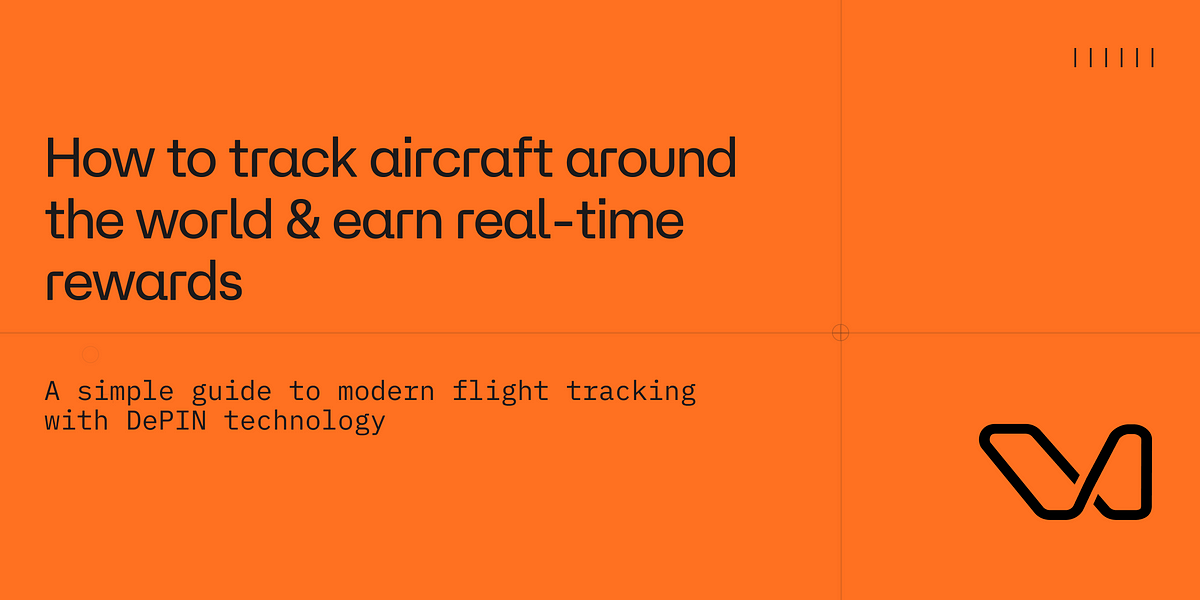Wingbits: Revolutionizing Flight Tracking with Decentralized Technology

In recent years, flight tracking has evolved significantly, allowing anyone with a smartphone or computer to monitor aircraft movements in real-time. In 2024 alone, over 30 million flights were recorded globally, averaging around 100,000 flights per day. This accessibility is primarily due to the implementation of ADS-B (Automatic Dependent Surveillance-Broadcast) transponders, which most aircraft are equipped with. These systems broadcast critical information such as position, speed, and altitude, which is captured by ground stations and satellites. Popular platforms like FlightRadar24 and FlightAware utilize this data to provide users with detailed flight information. However, the reliance on volunteer contributions has led to issues with coverage accuracy and completeness, highlighting the need for a more reliable system in the aviation industry.
Enter Wingbits, a groundbreaking initiative that seeks to revolutionize flight tracking through decentralized infrastructure. By leveraging a DePIN (Decentralized Physical Infrastructure Network) model, Wingbits not only offers real-time flight data but also incentivizes users to participate in the network. Participants can earn $WINGS tokens by running specialized tracking devices, such as the HYFIX WB200 and HYFIX MGW310, which collect ADS-B data. This innovative approach transforms flight tracking into an interactive experience, encouraging more individuals to contribute valuable data and improve the overall accuracy of global aviation information.
Wingbits represents a significant shift in the flight tracking landscape, combining blockchain technology with community engagement. As the network expands, it promises enhanced coverage and a sustainable token economy, where users are rewarded for their contributions. This model not only democratizes access to flight data but also fosters a collaborative environment for aviation enthusiasts and professionals alike. With Wingbits, the future of flight tracking is not just about monitoring aircraft; it’s about creating a comprehensive, community-driven network that benefits everyone involved.
Related News





